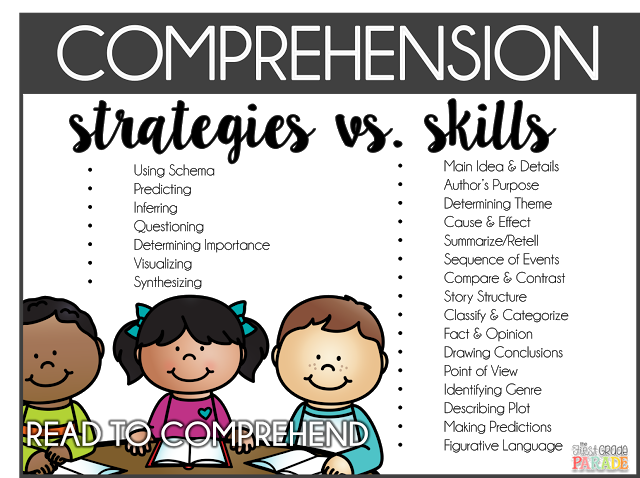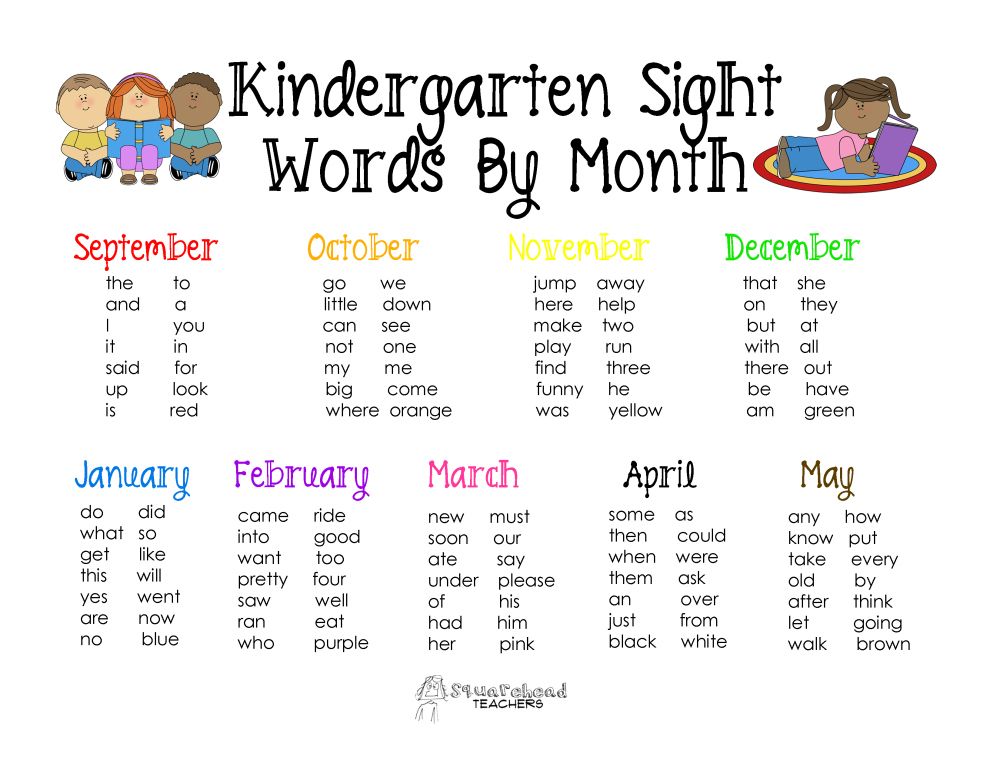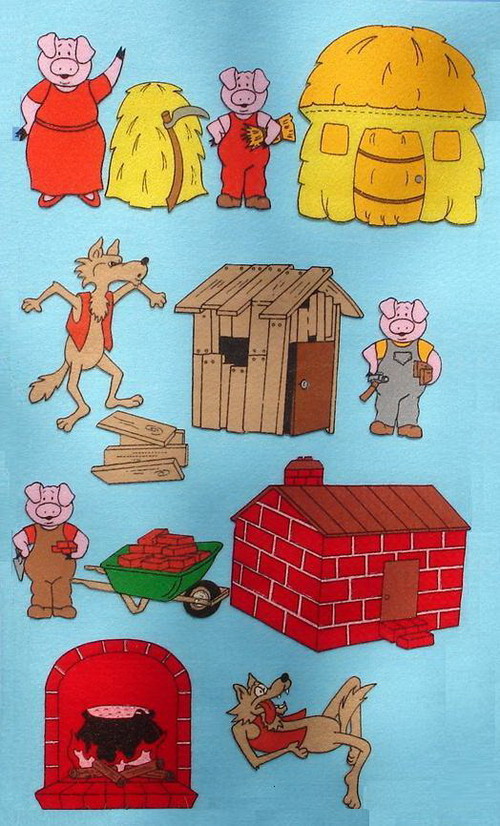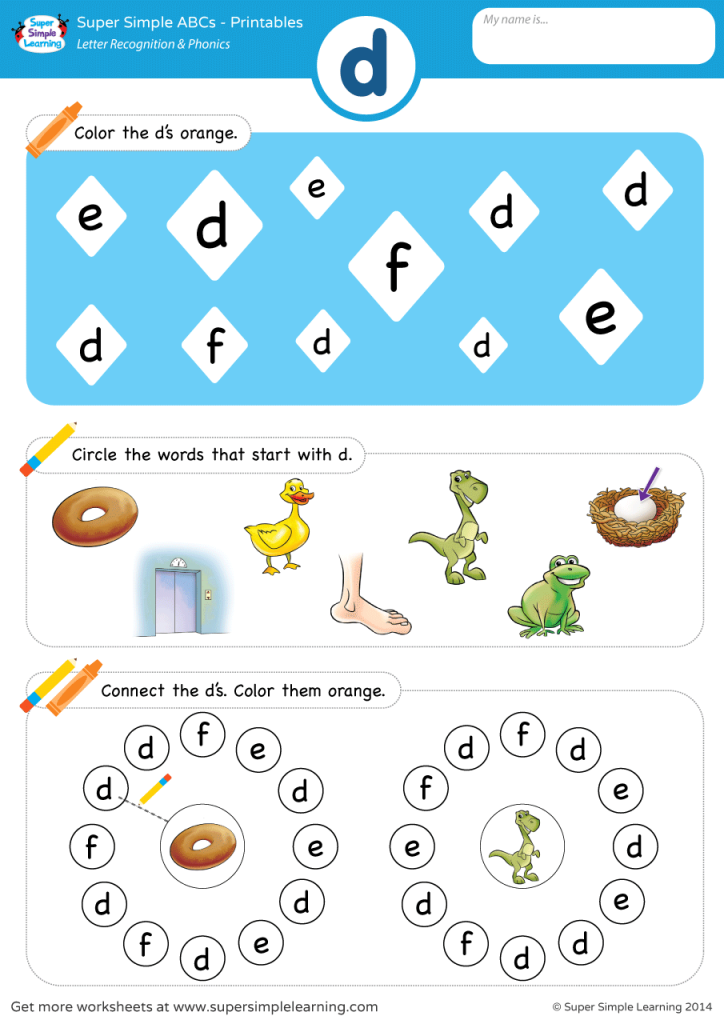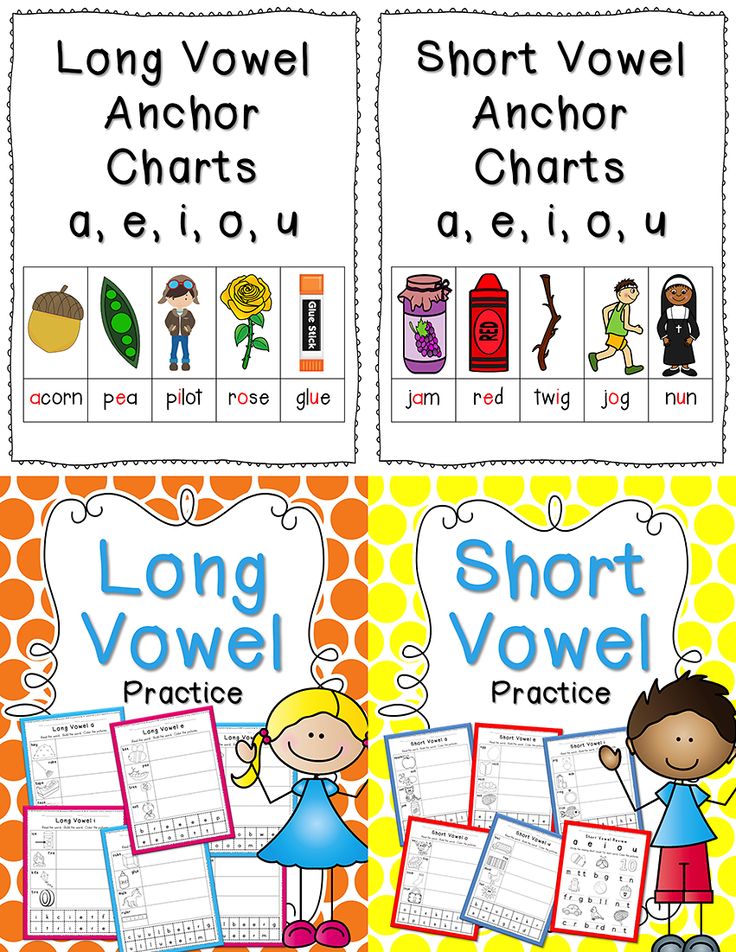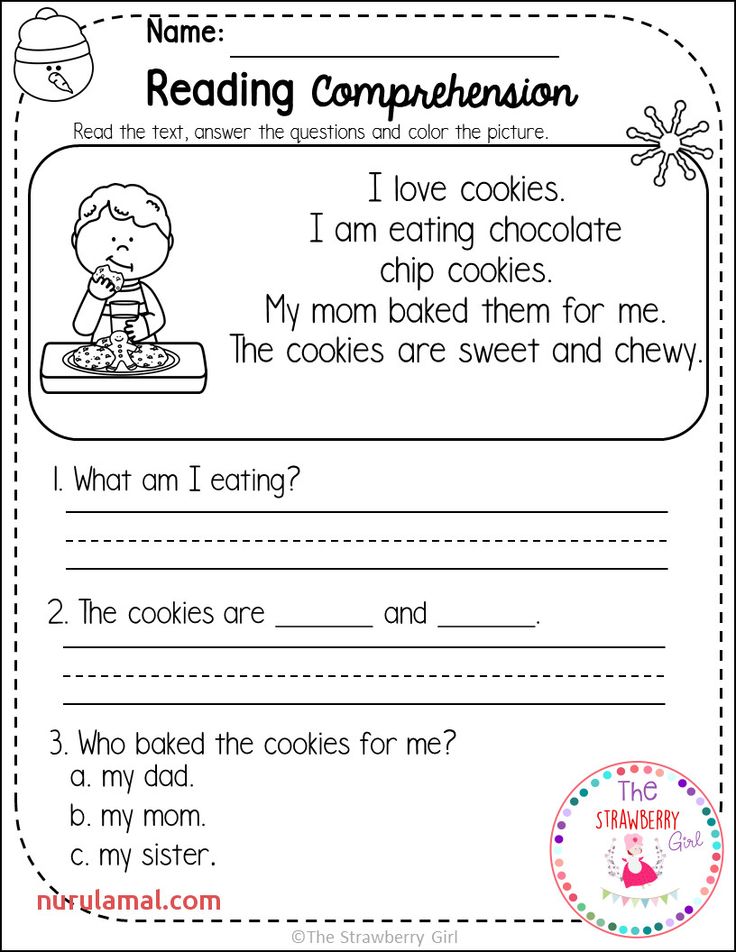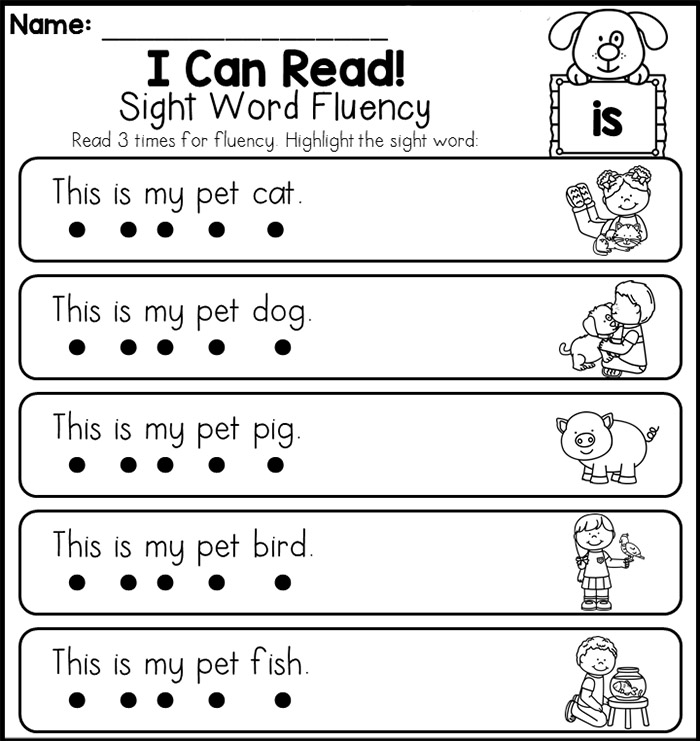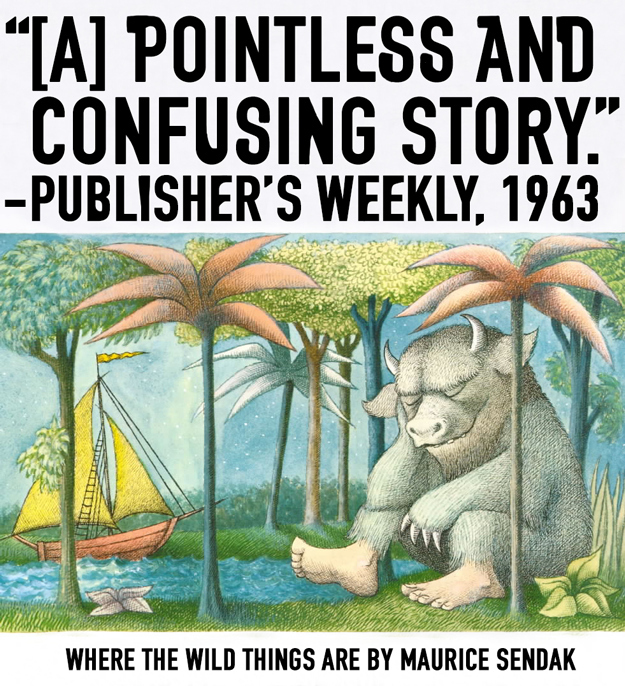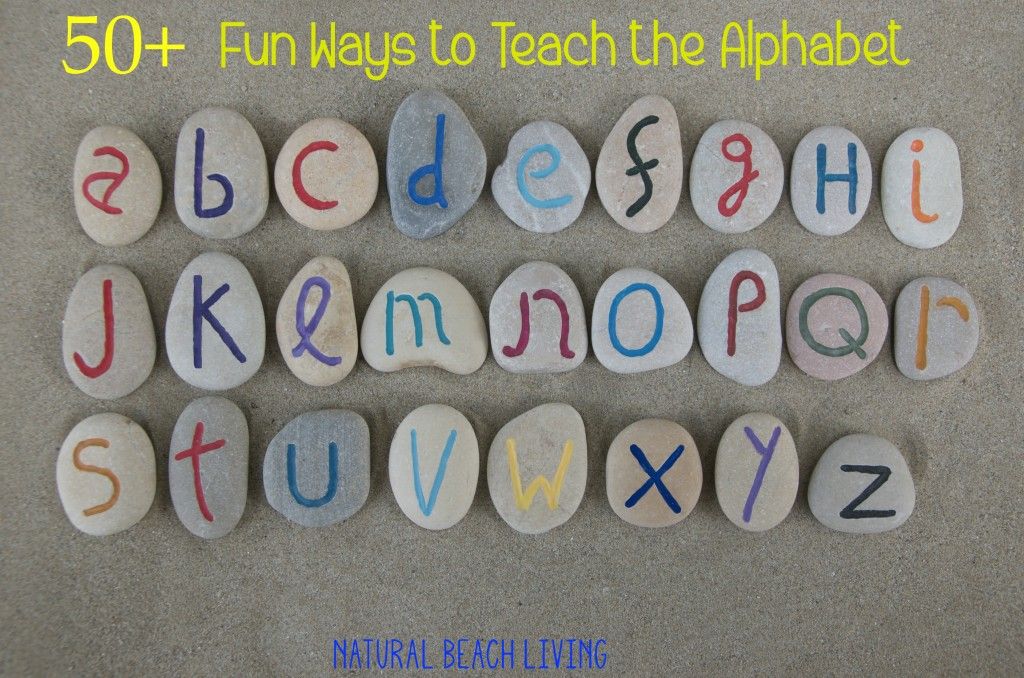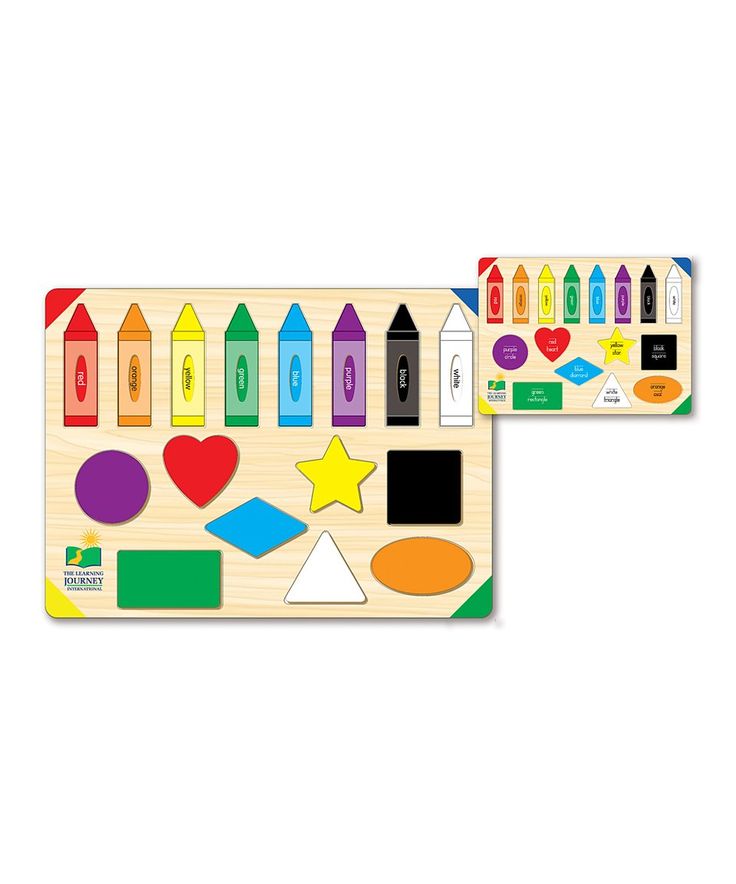How to spell because
Spelling Mnemonics – how to spell ‘because’
Here's the second part of thinking about making up sentences as a way of remembering how to spell words.
'Big elephants can always understand small elephants' is by far the most popular one I've heard at all levels.
What's the alternative and why is it better? When you've got a word that many of your students find tricky, 'building with puzzle pieces' is a superb solution because it's a failsafe way into spelling, and that makes everyone happy!
For the purpose of this lesson, I'm assuming the students are young and they don't know much about building with puzzle pieces.
First - make up a puzzle like this with one sound per piece - but hold onto it or keep it covered until the right moment. (The TST manual comes with a download of several hundred words coded for puzzles.)
Second - Get everyone to say the word clearly and count syllables. We only tap on the table lightly, putting out a finger for each syllable. Anything else is distracting and/or embarrassing for older students.
Teacher voice in red & Pupil voice in blue.
TwoHow many syllables in 'because'?
Say them clearly.
bee cuz
That's where you introduce the "spelling way" of saying a word. In this case, say something like:
We're going to make this easier to spell by saying bee cauz.
The TST community is global and that <au> in 'cause' has a variety of pronunciations, so go with the standard accent of your students.
It's imperative that every child says the whole word out loud. This won't work if they're only listening.
Once you're sure they've all said it clearly and correctly, put down/reveal the puzzle pieces and ask,
What's the first syllable again?
be
What's the first sound in be? Can you see which puzzle piece we need to move?
b (sound, not letter name)
They point at the <b>.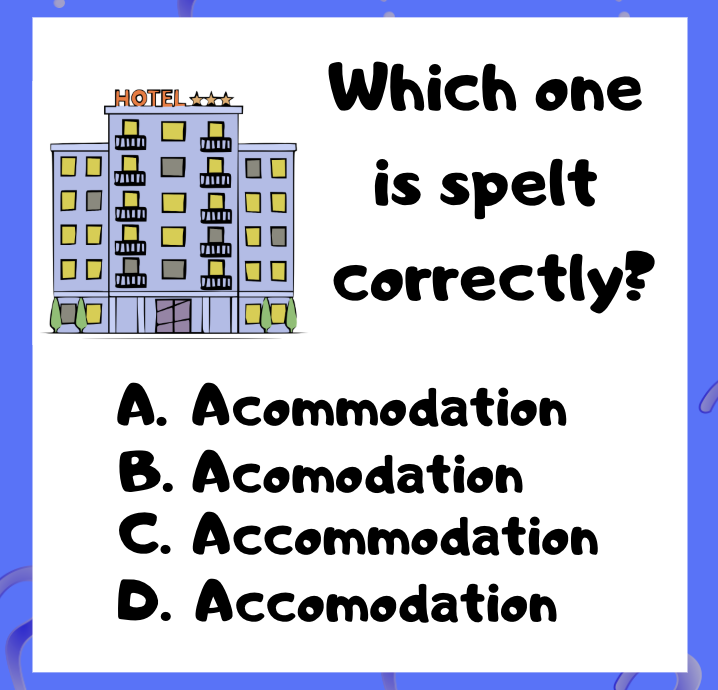 You move the <b>, saying the sound, and they write b on their spelling worksheet while saying the sound. More able and older students will say and build whole syllables. I'm assuming these students need to be working sound by sound.
You move the <b>, saying the sound, and they write b on their spelling worksheet while saying the sound. More able and older students will say and build whole syllables. I'm assuming these students need to be working sound by sound.
What's the next sound in be?
This will ensure they know the syllable 'be' has 2 sounds: /b/+/ee/. That's most important for those students who might want to spell a syllable with a letter name.
Move the next piece, saying 'ee' while students write, saying 'ee'.
Repeat with each sound, remembering that /au/ and /z/ are spelt with two letters each. Say the one sound while writing both the letters. If anyone is saying, "a" "u" and "suh" "e", that's what I call 'toxic phonics'. They should be saying "au" and "z" continuously while they're writing.
You will end up with:
Then everyone can copy this saying the sounds as they write, syllable by syllable then all one word.
Finally, get everyone to decide what their tricky bit is. Which bit are they going to have to concentrate on remembering? It's probably going to be the <au> and might be the <se>. Get them to underline their tricky bit or bits.
Which bit are they going to have to concentrate on remembering? It's probably going to be the <au> and might be the <se>. Get them to underline their tricky bit or bits.
The last step is to think of a familiar word which will be the header for a bundle. If their tricky bit is the <au>, then my Canadian accent says bundle it with 'August' and 'haunt'. If your accent is different, you might bundle it with 'sausage' and 'Australia'. (Thanks to Spelfabet for those ones.) Suggest other ones that work better with your accent.
If the <se> is also a tricky bit, then bundle it with 'cheese' and 'please'.
Now, when your students are writing 'because', they'll have a self-talk script to get them through.
because - bee - cauz -
be? easy - be
cause? - co - no it's the same as August - becau
z? becaus - no, it's the same as cheese - because
If they're stuck, then they can ask:
How do you spell the 'z' sound in because?
They're on their way to being able to spell 'because' but they've also gained a way of talking about all spelling.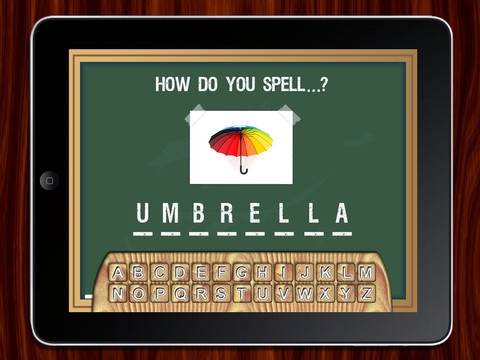 That Spelling Thing students don't say, "How do you spell ....? of "I can't spell....." Instead, they work through the process and narrow the word down to the bit they don't know, then ask about that. They use precious memory only for the bits that don't come automatically. The more they practise, the more comes automatically.
That Spelling Thing students don't say, "How do you spell ....? of "I can't spell....." Instead, they work through the process and narrow the word down to the bit they don't know, then ask about that. They use precious memory only for the bits that don't come automatically. The more they practise, the more comes automatically.
Both methods are fun and don't require specialist knowledge, but making up a sentence like the elephant story has major flaws.
- It focuses on the visual representation of the work without connecting it to speech or meaning.
- It doesn't point students to the logic of English spelling but rather re-enforces the myth that English spelling is chaotic.
- It doesn't differentiate between what a student recalls easily and what they need to work on remembering.
Learning the TST strategy has many benefits:
- It improves a student's speaking and listening as well as their spelling by starting with clear pronunciation.
- Instead of focusing on one word, it expands vocabulary and causes students to see patterns and tendencies in the language.
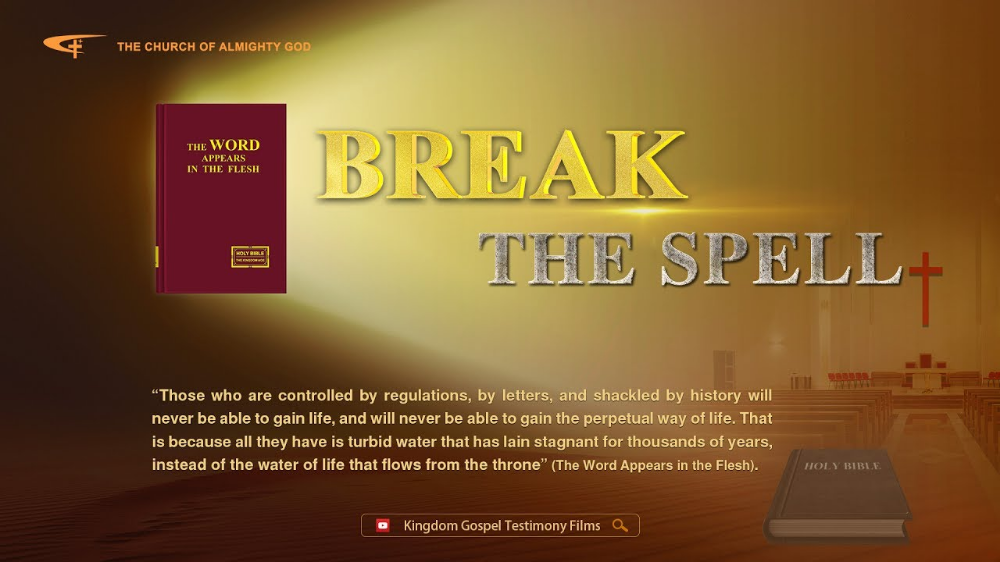
- It gives everyone in the classroom - teacher and students - a common vocabulary for talking about spelling.
- It's cumulative and collaborative. Everyone can participate and add information as they find it.
- It still requires memory but quickly shows each individual where they need to concentrate.
- It works for any person beyond the emergent spelling stage. Feedback is that teachers and tutors with their own spelling insecurities are improving their spelling while using TST confidently.
If you'd like to see what a more grown-up building lesson sounds like, grab a pen and paper and watch this short video that accompanies the TST manual.
How to Spell Because — a Quick Spelling Guide
English is recognized as one of the most challenging languages to learn, and one of the reasons for this reputation is its spelling.
Concept and Application of ‘Because’
‘Because’ introduces cause and reason clauses.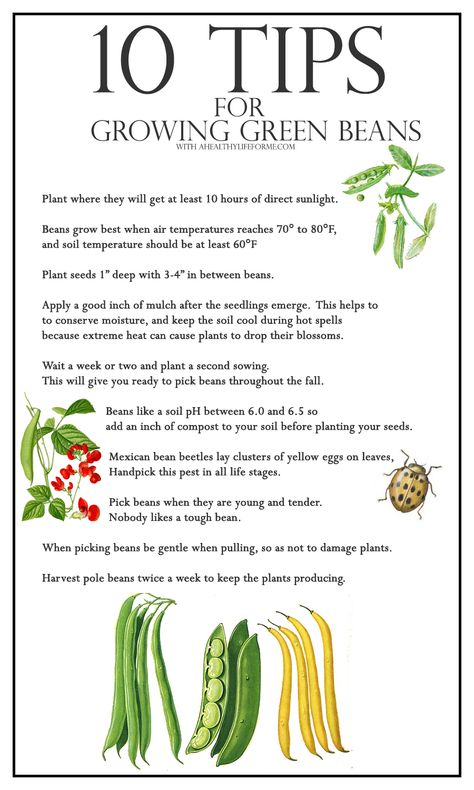 It is a conjunction of subordination. This signifies the clause it presents is a subordinate clause that requires the main clause to finish it.
It is a conjunction of subordination. This signifies the clause it presents is a subordinate clause that requires the main clause to finish it.
We use a comma when the subordinate clause appears before the main phrase. Check out these examples below:
- They are looking into the issue because the houses have to be fumigated before they can be occupied again
- The collection was a good choice because few people knew the other songs.
- He was filled with joy because she earned it.
Proper Pronunciation of ‘Because’
There are pronunciation ways to say the word “because.” In the second syllable, it can have either the AW vowel or the UH vowel. The first syllable of e-, be- because is not stressed. It starts with the sound of the letter B, then the ‘ih’ vowel, like in the word “sit.”
The stressed part of the second syllable will be higher in pitch and longer than the first. It will start with a K sound. Then the vowel AW or UH, and finally the Z sound.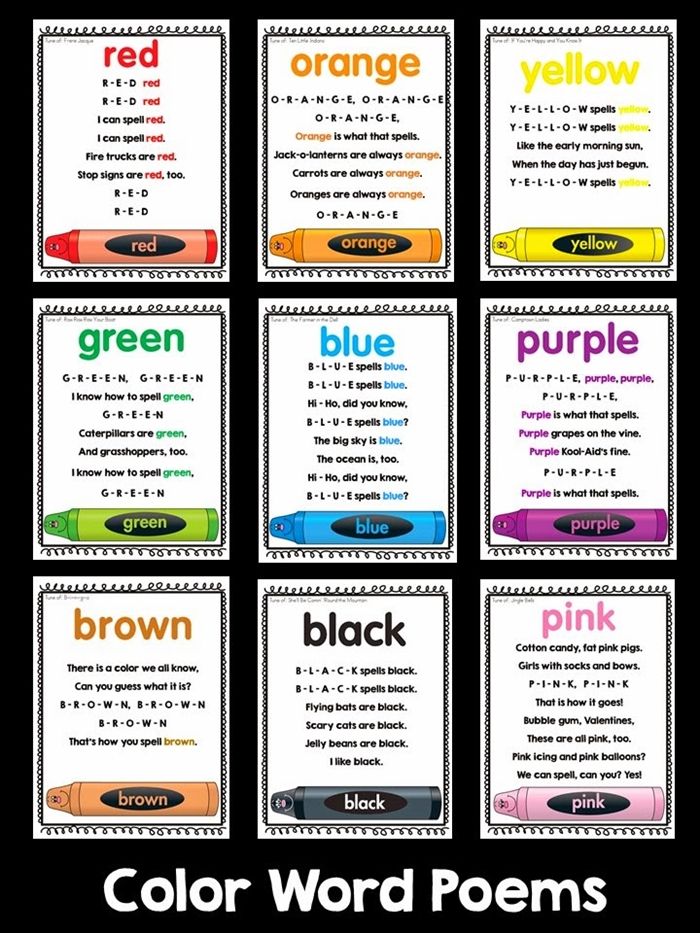
Now, this is important: it is written with an S, so some people tend to say it as an S. But it’s a Z that is not voiced. The Z is a very quick last consonant, even though the vocal cords will have to move.
‘Because’ is a function word because it is a conjunction. And most of the time, function words are the ones that won’t be stressed in a sentence. Sometimes, words that aren’t stressed will be shortened. And the word “because” can be shortened to “cuz.”
So the unstressed syllable will be dropped entirely, and the vowel will probably become just a schwa.
When writing, it is wrong to write “because” as “cuz.” But in spoken English, the word “because” can be shortened to “cuz” and still be understood. When you shorten a word, you should always make sure it fits with the words around it.
So, if we shorten the word “because” to “cuz,” “cuz,” we want to make sure that the last Z sound goes into the next word.
Now that we are done with pronunciation, let us see shortcuts that will help us spell ‘because’ correctly.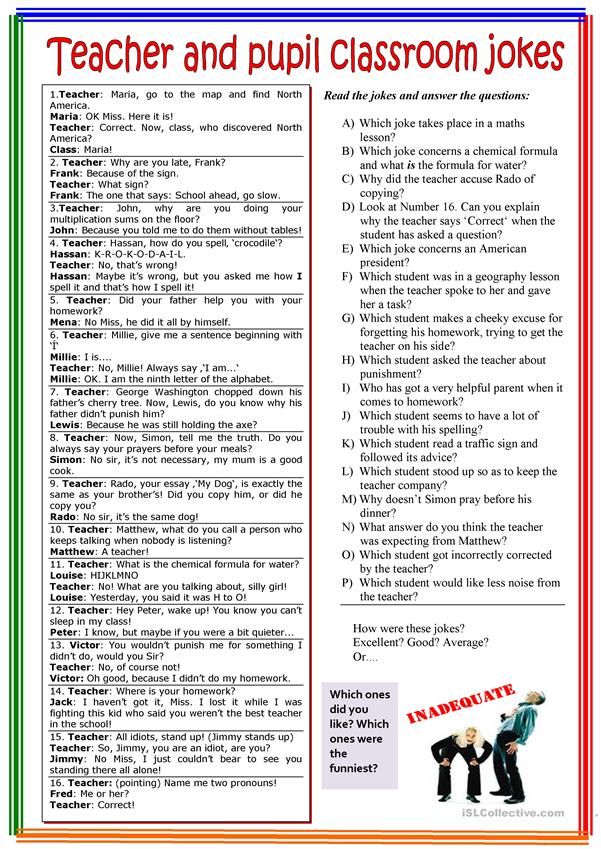
Because Spelling: Tips to Spell Correctly
It’s critical to familiarize yourself with the phonetic sounds of the English language before you attempt to communicate in it. The British English pronunciation of because is bəkɔ́z. It is pronounced as bəˈkɒz and has two syllables: “buh” + “KOZ.”
Non-native English speakers may find ‘Because’ challenging to spell. We will break it down in this article so that it stays ingrained in your memory.
Because is spelled as b-e-c-a-u-s-e. You may need to chunk it into smaller sizes like because to make it easy to grasp. On the other hand, mnemonics can be a helpful arsenal.
A student’s capacity to recall information can be boosted by using a mnemonic device. To assist pupils in remembering the first letter of each phrase, this ‘because’ mnemonic uses an easy shortcut. Examples of mnemonic for ‘because’ include:
- Big Elephants Can Add Up Sums Easily
- Betty Eats Cake And Uncle Sells Eggs
- Big Elephants Can’t Always Use Small Exits!
To Wrap Up
Stress, rhythm, and intonation patterns are not easy to master in English, but they are crucial to making others understand what you say. This is because it conveys mood, attitude, and emotion.
This is because it conveys mood, attitude, and emotion.
Frequently asked questions
How do you say because in an American accent?
What causes poor spelling?
Reading difficulties and spelling problems are caused by language learning weaknesses. In consequence, spelling reversals of easily confused letters such as b and d, or sequences of letters, such as word for went, are expressions of underlying language learning weaknesses rather than a visually related problem.
How many letters long is Pneumonoultramicroscopicsilicovolcanoconiosis?
1 Pneumonomoltramicroscopicsilicovolcanoconiosis (45 letters): A lung disease caused by inhalation of silica or quartz dust.
Which word is incorrectly spelled?
It is a problem to check your thinking and grammatical ability. The Word that is incorrectly spelled in the dictionary is “Incorrectly. ”.
”.
What are the 100 most misspelled words?
| correct spelling | notes | misspelling |
|---|---|---|
| achieve | i before e | acheive |
| across | one c | accross |
| aggressive | -gg- | agressive |
| apparently | -ent- | apparantly |
Is English difficult?
Generally speaking, the English language is difficult to master. Due to its unpredictable spelling and difficulty learning grammar, it is particularly challenging for both learners and native speakers.
How do you spell words?
- Start speeching out
- The old saying goes, “I only have to follow C before E.”.
- The spelling of words isn’t changed by adding a prefix.
- Try to find smaller words within a larger, more complex word.
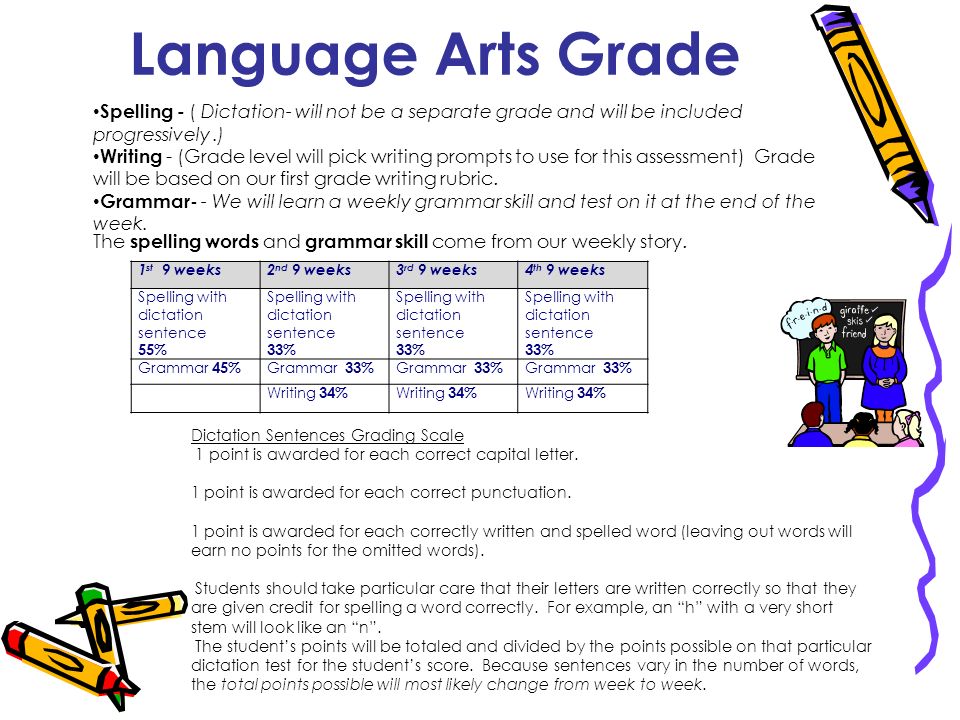
- When two vowels are adjacent to each other, the second vowel is silent.
How can I remember how do you spell weird?
Weird. Even though it is commonly spelled “wizard,” it looks so weird. It’s not possible for weird words to use the well-known mnemonic “i before e except after c”. An exception to this rule is to use “ei” instead of “ie” when the sound is an “a”, as in neighbor and weigh.
What are the 4 spelling strategies?
Good spellers use a number of strategies for spelling. Of these strategies, four categories are defined – phonetic, rule-based, visual, and morphemic.
What is one of the hardest words to spell?
- Chiaroscurist
- Weird
- logorrhea
- Handkerchief
- Intelligence
- Gobbledegook
- Pochemuchka
- Pronunciation
How can I remember the spelling of because?
How can I learn spelling words quickly?
- Practice makes permanent
- Try not to learn all the words at once.
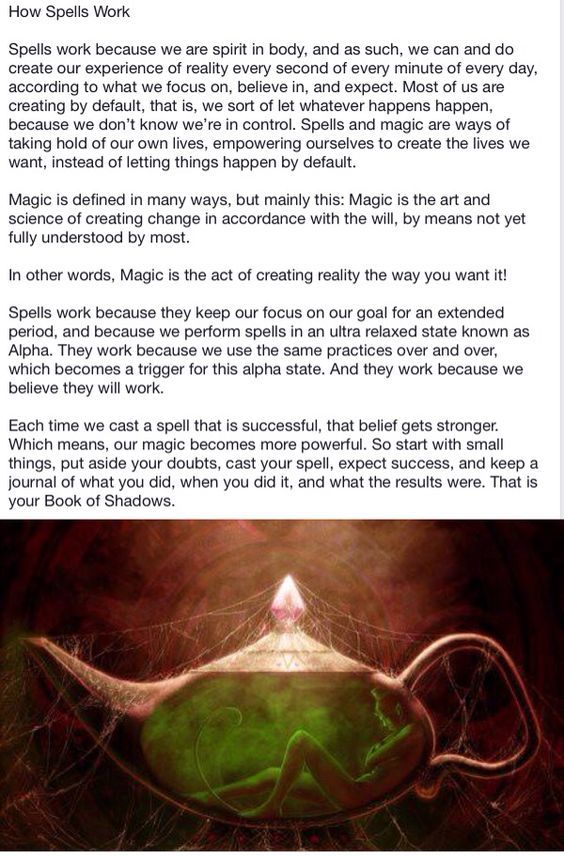
- Revisions abound, and I must review again!
- You should try to spell the words you expect when you’re writing.
- It is important to practice the words you’ve learned.
- Enrollment, copy, and recall.
- Changing the chain by letter.
How do I teach my 8 year old to spell?
- Children should learn how to spell words with ‘Lily Pad Letters’.
- The stairs allow you to memorize certain words.
- ‘Spelling Ball’ toss around.
- To familiarize yourself with letters, use magazine clippings.
- Play ‘Scrambled Spelling’ with alphabet blocks or fridge magnets.
What’s the hardest English word?
Sesquipedalian. Latin for ‘a foot and a half long’, this word literally stands for a long winded word, such as Sesquipedalian. I would think that it would mean something really mysterious and fascinating. However, I’m just saying.
What are 20 difficult words?
- Worcestershire
- Colonel
- Quinoa
- Scissors
- Draught
- Mischievous
- Onomatopoeia
- Anemone
What is the rhyme for because?
| Word | Rhyme rating | Categories |
|---|---|---|
| clause | 100 | Noun |
| pause | 100 | Noun |
| draws | 100 | Verb |
| applause | 100 | Noun |
What are the 50 most misspelled words?
- wether > whether / weather
- adress > address
- occurence > occurrence
- accomodation > accommodation
- rehersal > rehearsal
- persue > pursue
- accomodate > accommodate
- commited > committed
What are the 5 longest words?
- Supercalifragilisticexpialidocious (34 letters)
- Hippopotomonstrosesquippedaliophobia (36 letters)
- Floccinaucinihilipilification (29 letters)
- Pneumonoultramicroscopicsilicovolcanoconiosis (45 letters)
- Pseudopseudohypoparathyroidism (30 letters)
What words should an 11 year old be able to spell?
Managing, aftermath, afternoon, appear, attack, attend, bicycle, breakfast, brightly, cabbage, cable, carpenter, channel, circle, climb, comfort, comical, confirm, construct, curtain, customer, damage,.
How can I teach myself to spell?
- Know the rules. Although they are not frequently followed and there are plenty of exceptions, it’s still worth learning some spelling rules in English.
- Study Dolch Words
- Identify prefixes and suffixes.
- Read it as often as possible.
- Look for patterns
- Use mnemonics
- Spell out loud
- Think about the origin of words.
How to spell because or because
There are words in Russian that sound the same but are spelled differently and have different meanings. Some of these words are the adverb "because" and the phrase "because". But how to figure out which of the options to use when? We will talk about this in the article.
Therefore and therefore
The word "because" is a pronominal adverb or conjunction that can be replaced by synonyms for "therefore", "for this reason" and "because of this".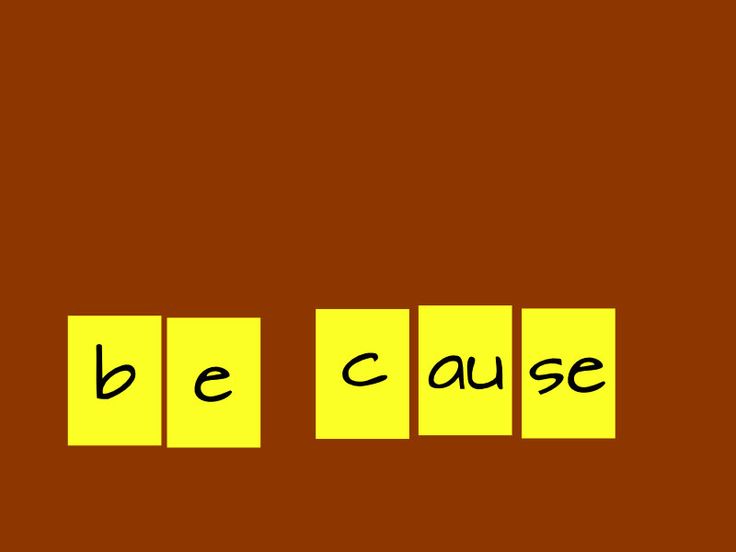
Consider the examples:
It was dark in the blockhouse, because I did not immediately see the pirates sleeping on the floor.
The sun quickly descended into the ocean, and because twilight fell in the forest.
The phrase “by that” consists of the preposition “by” and the dative form of the demonstrative pronoun “that”. In context, it usually refers to a specific subject and is used with a noun in the dative case.
- Watson, get down! Holmes shouted and fell to the ground. Without thinking twice, I followed him.
There was a loud crack followed by the sound of broken glass. Because the window where we were just standing, someone was shooting!
- Don't you dare walk in that swamp! Stapleton warned us.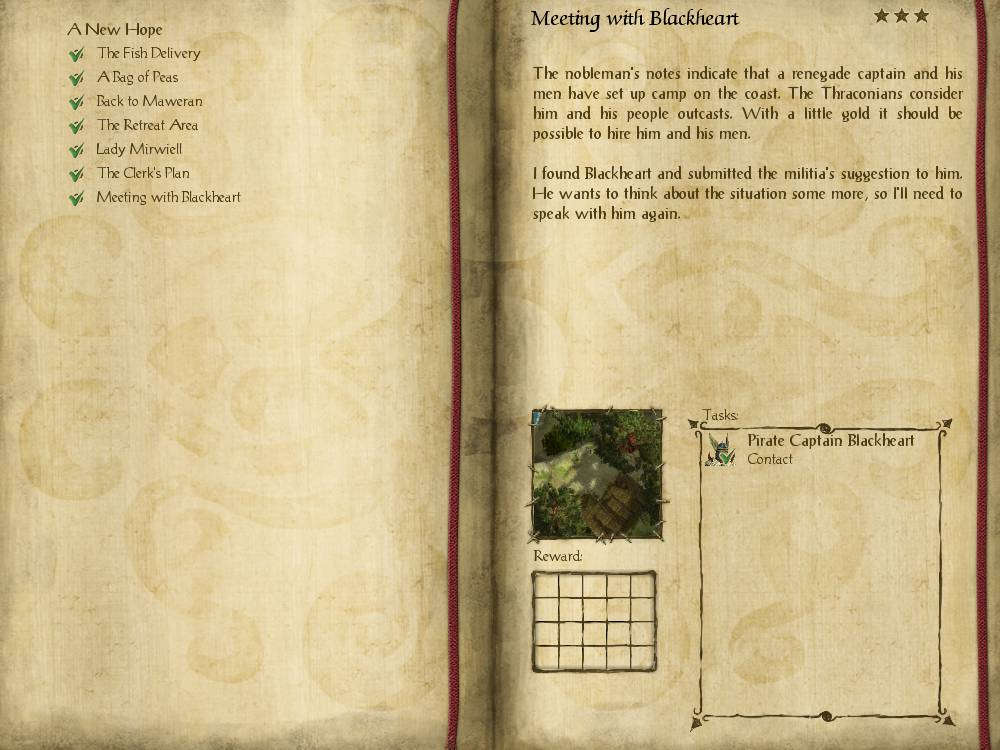 — This is part of the famous Grimpen bog. A person unfamiliar with the area will instantly go to the bottom there.
— This is part of the famous Grimpen bog. A person unfamiliar with the area will instantly go to the bottom there.
Because and because
The combination “because” must be written in two words if it performs the function of a compound union that connects parts of a complex-subordinate sentence with a subordinate clause of reason.
The combination "because" provides two options for setting a comma - before the word "what" and after it. The difference in this case will be purely semantic. If you want to focus on the cause, then a comma should be placed before the “what”, if on the result, then after.
Let's look at some examples:
I haven't slept well in the last weeks because got used to getting up early since Afghanistan, and in the last weeks I stayed up late with Sherlock.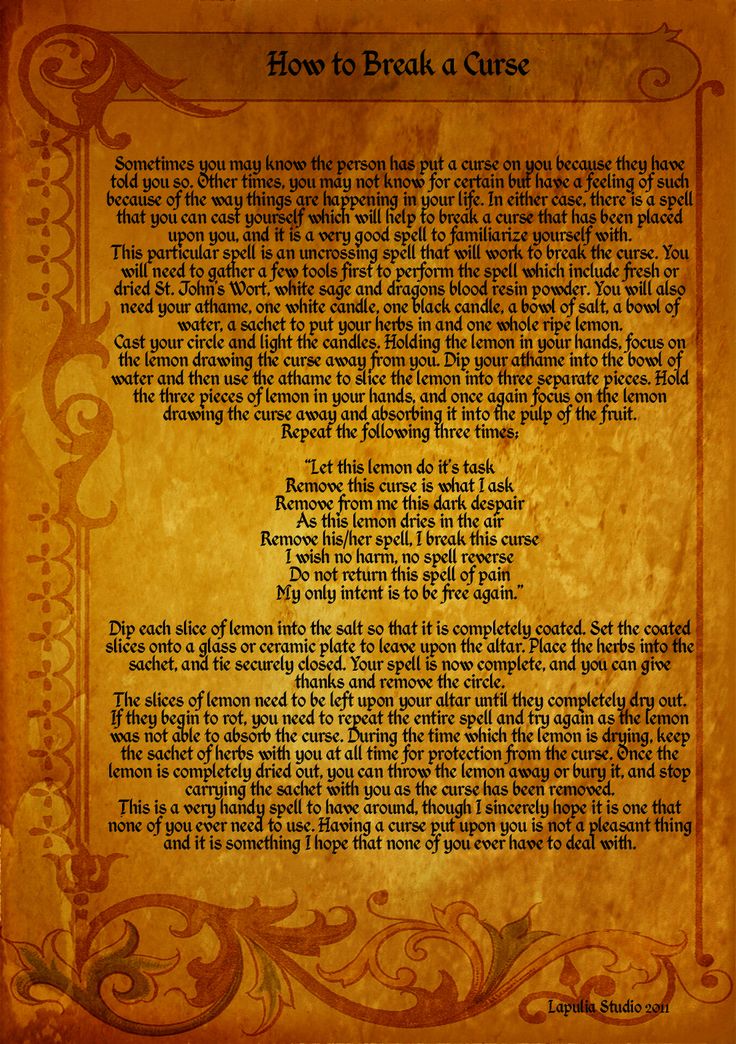 - Watson emphasizes why he did not sleep well.
- Watson emphasizes why he did not sleep well.
Watson, Miss Morston liked you. Holmes points out that Miss Morston liked Watson.
There are several conditions under which a comma must be placed between parts of the phrase:
If the union is preceded by the particle "not". I kept silent about the role of Silver not because I felt sorry for the old pirate.
If the union is preceded by restrictive or reinforcing particles "only", "though", "only", "even" and "because". I understood that the morning is coming only because cocks crowed.
If there are introductory words and constructions before the union. The house was all dilapidated and in need of repair, apparently , because all the last owners dreamed of leaving here as soon as possible and were looking for any reason to justify their departure from here.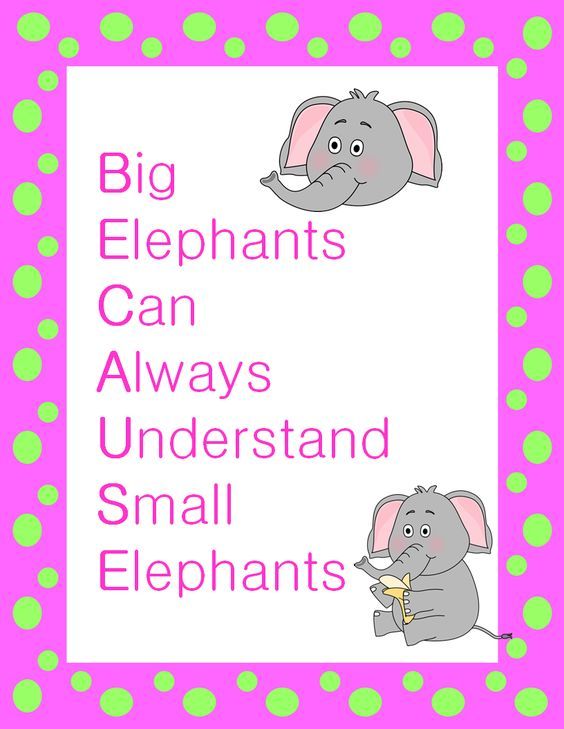
If the union is preceded by homogeneous members and parallel constructs joined by the word "because". The room was quite dark because , that already sank down, and another because , , , which , .
Because
The combination "Because" is written separately in three words if it is an explanatory construction pointing to specific things.
You know, Watson, they say by the fact that is in a person's pockets, one can get a very accurate idea of his character.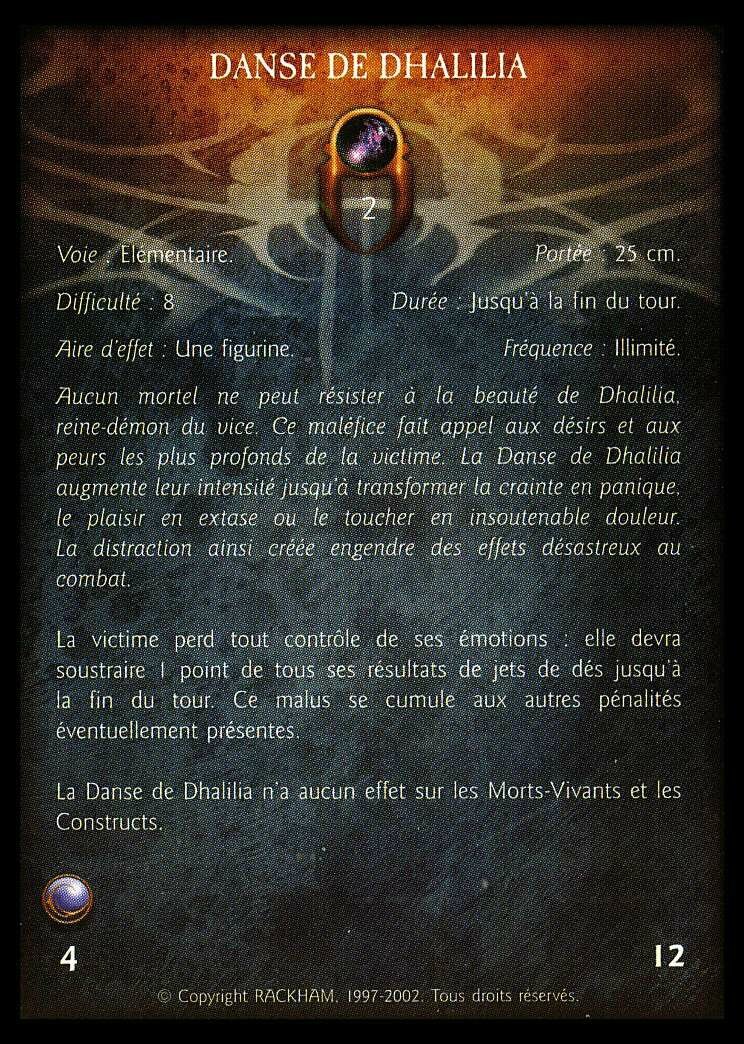
Judging by from what I heard while sitting in an apple barrel, we had no chance of getting out of Espanyola alive.
There is a fairly easy way to tell when to write "because" and when to write "because." It is enough to ask the question “why”, and if the part of the sentence that follows the combination “because” gives an answer to it, then we have a complex union “because”. If there is no logical answer, then we have a “because” construction.
There is another option for checking spelling - the pronoun "that" in the combination "by that" can be replaced by the noun it pointed to.
- Which way will we take to Baskerville House, Watson?
- Because runs through swamps.
The pronoun "that" in this case replaces the noun "way" and can be replaced by it.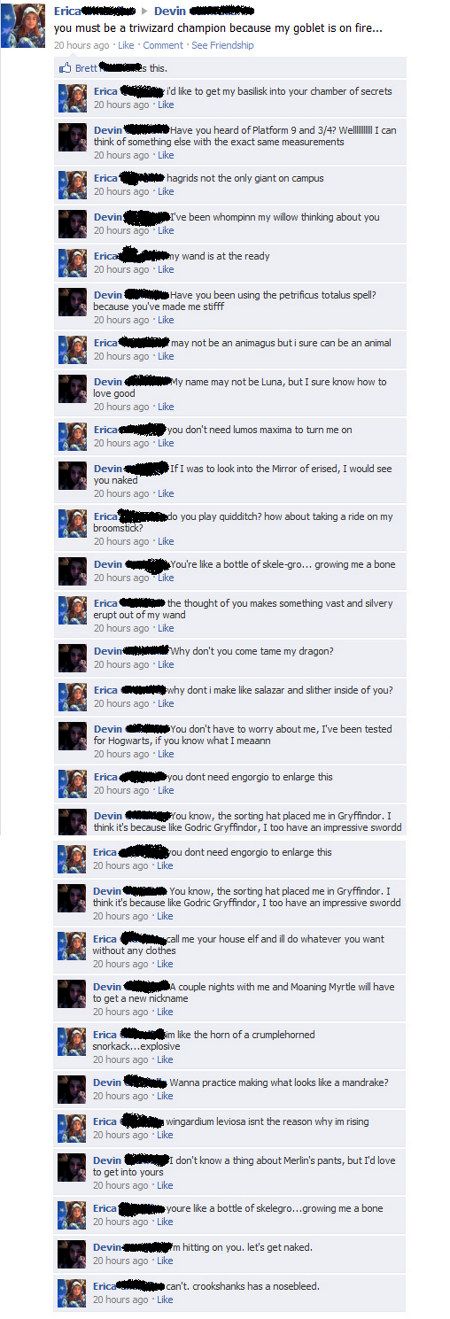 Checking:
Checking:
Which way do we take to Baskerville House, Watson?
- Along the path that runs through the swamps.
Because or because
Sometimes there are questions on the net, what is the correct spelling, “because” or “because” ? The rules of the Russian language interpret this moment quite unambiguously. Compound subordinating conjunction "because" is correct to write in two words without a hyphen. Hyphenated spelling is incorrect and should therefore be avoided.
Other articles in our blog:
Think for yourself: an open ending in books
Common mistakes in Russian
How to write a novel
How to write an abstract to a book for you
?together or separately, commas, part of speech
Grammatically, "because" is always written separately.
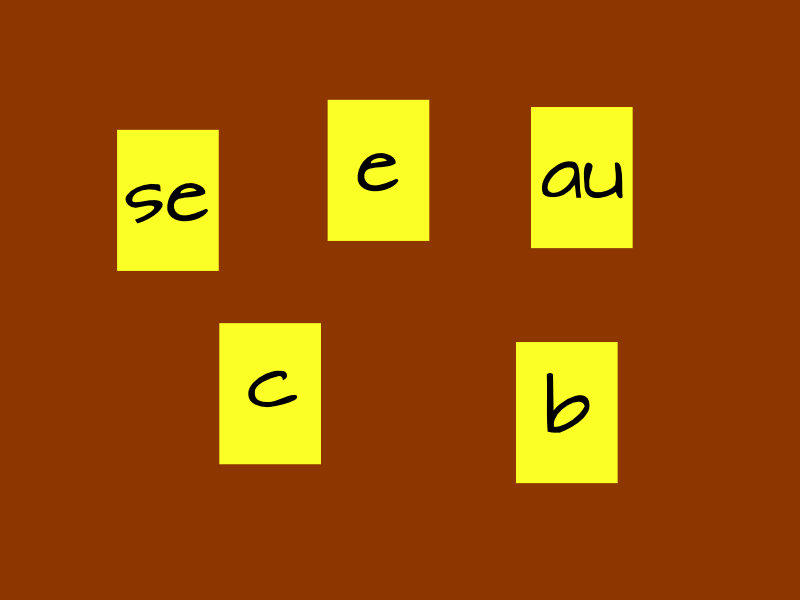
Why not merged or hyphenated?
First, let's define what kind of part of speech this is - "because"? And is nothing more than a complex union.
Despite the fact that there is a great temptation to write this stable combination together (“because”), it is still correct to write it separately, because “because” and “what” are two different words , albeit combined into a compound union .
The same applies to such a spelling as "because". Apparently, there is a confusion of the completely independent word “what” with the particle “-something”, which is just the right way to write with a hyphen (“because”).
When it is necessary to write “because”
Now we propose to investigate another question: is it possible to write this combination in three words? Let's look at examples.
- Judging by what I heard, it is pointless to hope for their reconciliation.
- What can you learn about a man by what he eats?
- A woman's character can be determined by what she carries in her purse.
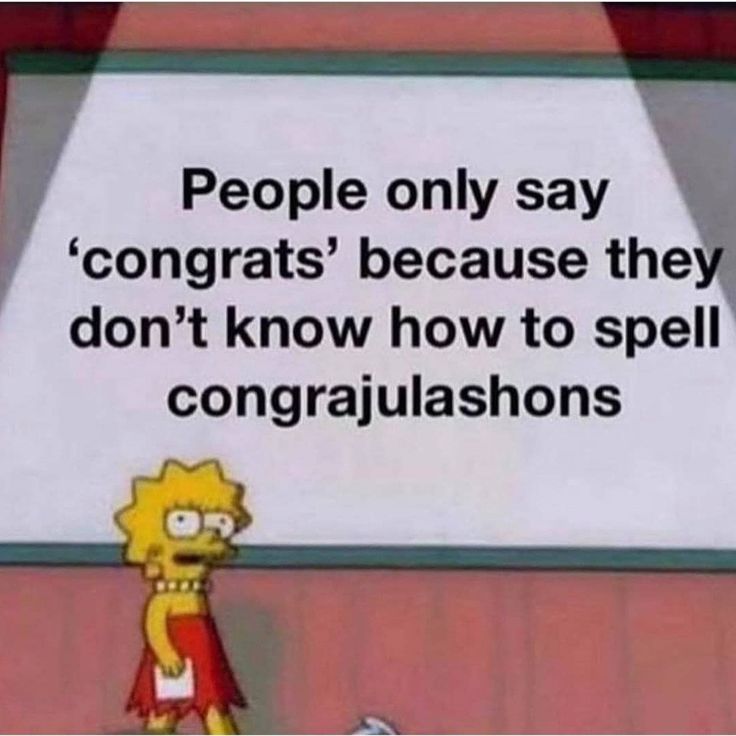
In the sentences above, it is correct to write “because” in three words, since in these cases it is not a complex conjunction, but a combination of the preposition “by”, the pronoun “that” and the union “what” . It is not difficult to distinguish it from a compound union: you just need to ask the question “why?”. A sentence that contains "because" will answer your question, and in the case of "because" you will not wait for the answer due to the illogical question.
By the way, in the first example, the phrase “judging by the fact that” is also a complex union, the spelling of which must be remembered.
Semantics
The conjunction "because" joins the subordinate clause of a complex sentence.
- You lie to me, and all this only because you are afraid of falling out of favor.
- I don't tend to lose my head over love, because I don't let my feelings get the best of my mind.

- In sentences with this union, you will always find the connection between the base and the effect.
Synonyms
If you need to replace “because” with a close union, we suggest choosing from the following row:
- Because,
- Because,
- Since,
- Since,
- Ibo,
- After all,
- Because,
- Due to the fact that,
- Due to the fact that,
- Then
- Due to the fact that.
When choosing one of these synonyms, pay attention to the appropriateness of using it in a particular style of speech. So, let's say, the colloquial "because" will clearly not fit into the official business style, and the bookish "because" will sound ridiculous in common speech.
Punctuation features
When it comes to the graphic highlighting of the union in a letter, the main difficulty lies in where to put a comma - before the union or inside it.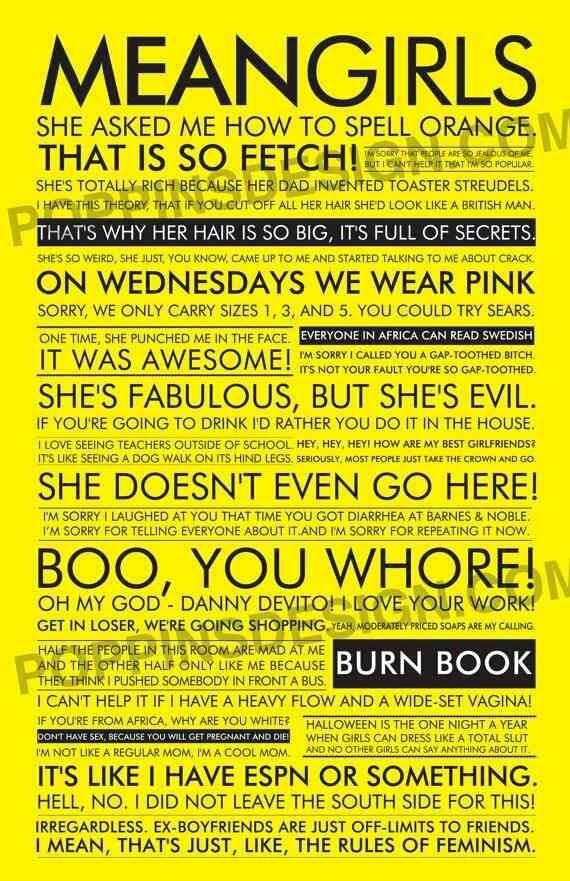 Let's figure it out.
Let's figure it out.
The place of a comma in such sentences, as a rule, is determined by the writer himself. It depends on what purpose he pursues in his statement. Examples for comparison:
- She liked him because he behaved gallantly. (The result is emphasized.)
- I don't keep pets because I don't have time to take care of them. (The cause is emphasized.)
When the union is split, "because" is included in the main part of the complex sentence.
- I won't go to the movies with him (for what reason?) because he doesn't know how to behave.
- The actress's cheeks flushed (for what reason?) because (why exactly?) because she forgot the lyrics.
However, there are a number of conditions under which the union must be divided into two parts :
1. The "not" particle before the union.
- He loved her not because she possessed unearthly beauty.
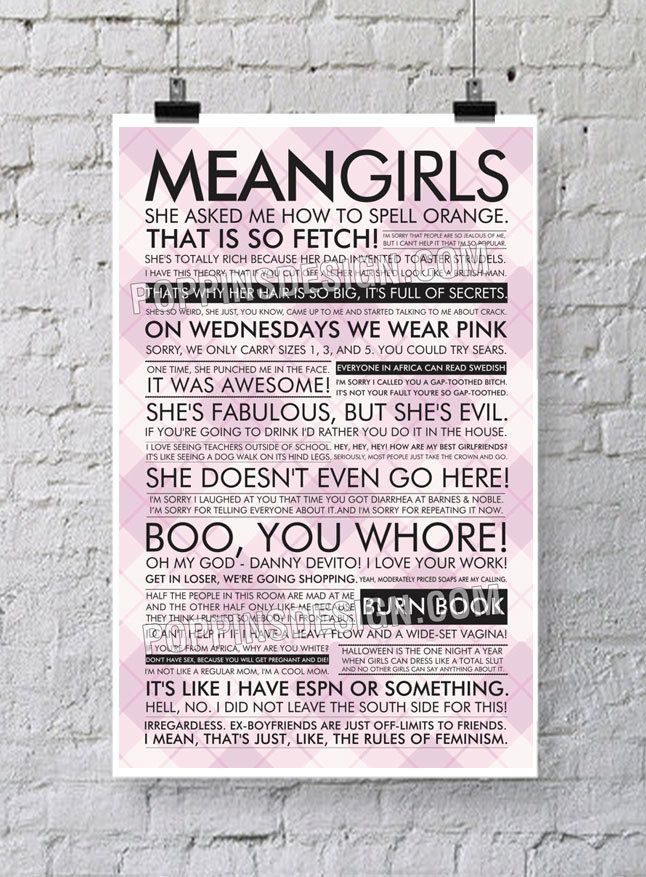
2. Before the union, a particle that takes on the functions of limitation, amplification, etc.
- He agreed only because it promised him favorable prospects.
3. Introductory word (construction) before the union.
- She was late, probably because she took a long time to choose a dress.
4. "Because" is included in a number of parallel constructions (these can also be homogeneous terms).
I value my friends because they keep me busy, and even more so because they are my only support in life.
There is no need to break up a complex conjunction if it is at the beginning of sentence (most likely it will be an incomplete sentence). Examples:
- Because I love you.
- Because it's more convenient for me.
Let's make a brief conclusion: if the emphasis is on the cause, a comma before “what”, if the result is a comma before “because” .

